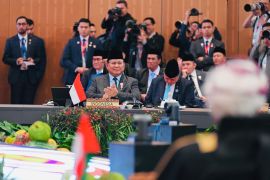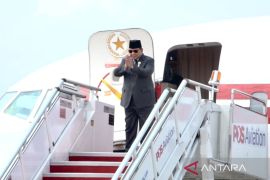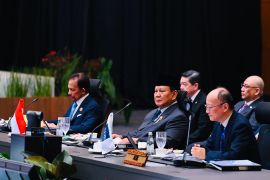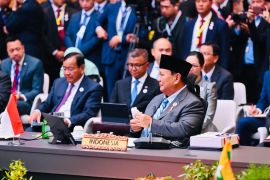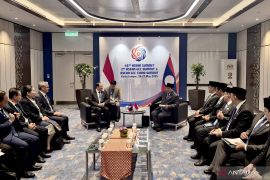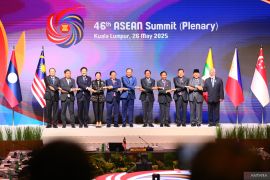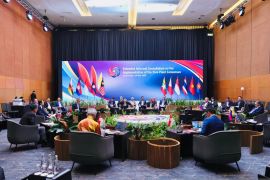"Currently, there are around 1.5 billion people living in countries affected by political and criminal violence. No low-income fragile or conflict-affected country has yet to achieve a single Millennium Development Goal. Children living in fragile states are twice as likely to be undernourished, and three times as likely to be out of school. The effects of violence in one area can spread to neighboring states, hurting development and economic growth for entire regions." Jakarta-based ASEAN Secretariat said in a press statement here Thursday.
The World Development Report 2011: Conflict, Security and Development shows how organized violence in the 21st century is provoked by a range of domestic and international stresses, including youth unemployment; income shocks; tensions among ethnic, religious or social groups; and organized crime and trafficking networks.
In citizen surveys done for the report, unemployment was cited as the most important factor into gangs and rebel movements. These stresses, when combined with national institutions that lack in capacity or legitimacy, can also heighten the risk of violence.
"More than 90 percent of civil wars in the last decade occurred in countries that already had a civil war in the previous 30 years. Capable, legitimate institutions are needed to mediate the stresses that lead to these repeated waves of violence," said Sarah Cliffe, the World Bank`s Co-Director and Special Representative for the World Development Report.
"National and global leaders need better ways to respond to calls for security, jobs and justice in the most fragile situations. Good examples of what has worked in the past can be found right here in East Asia: the combination of local and national leadership, regional assistance plus global support helped restore stability in Timor Leste after the 2006 violence. The same combination was important in Aceh after the peace agreement, and in Myanmar following cyclone Nargis," she added.
In all three examples, ASEAN - the Association of South East Asian Nations - helped bring together local leadership and outside assistance.
In Myanmar, ASEAN`s involvement helped bring international aid to devastated areas of the country where more than 130,000 men, women and children lost their lives.
In Aceh, ASEAN helped bring in technical assistance from the European Union to help people rebuild their lives. ASEAN`s involvement in these instances also helped ensure that region`s finest could be quickly deployed.
In Timor Leste, the peacekeeping mission was made possible through years of joint training between the armed forces of ASEAN-members Korea, Thailand and the Philippines as well as long-standing cooperation with Australia and New Zealand. In post-disaster Myanmar, ASEAN was able to draw on experienced personnel from Indonesia, Singapore and Thailand.
"What ASEAN`s experience has shown, and what the 2011 World Development Report illustrates, is that an alliance of local, national, regional and global groups can help build the strong institutions that are essential to providing citizen security, justice and jobs," said ASEAN Secretary General, Dr. Surin Pitsuwan.
"If we are to convince today`s youth that there is a brighter future, and that tensions and conflicts could be avoided, then we need to help build the institutions that will educate them, help them find productive and stable employment, protect them from harms and provide them with the public services their counterparts in wealthier, more secure countries take for granted," he said.
Building stronger institutions however, takes time. According to new research commissioned for the report, it typically takes 15 to 30 years for weak or illegitimate national institutions to become resilient to violence and instability. (*)
Editor: Aditia Maruli Radja
Copyright © ANTARA 2011

